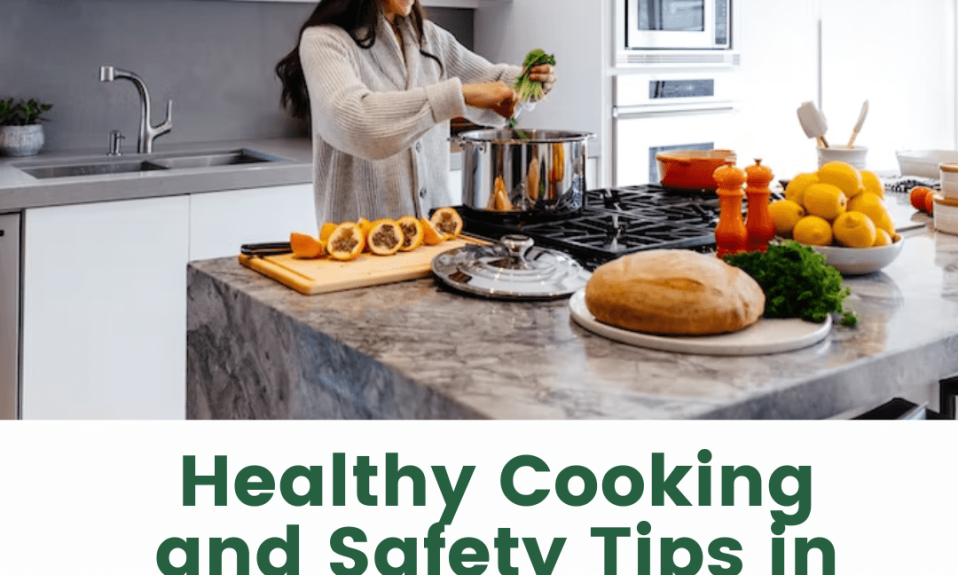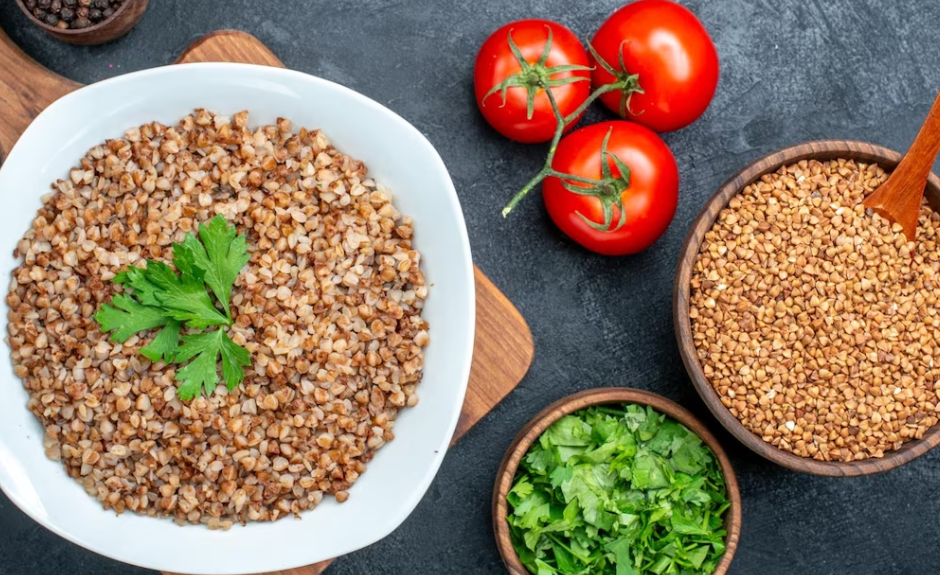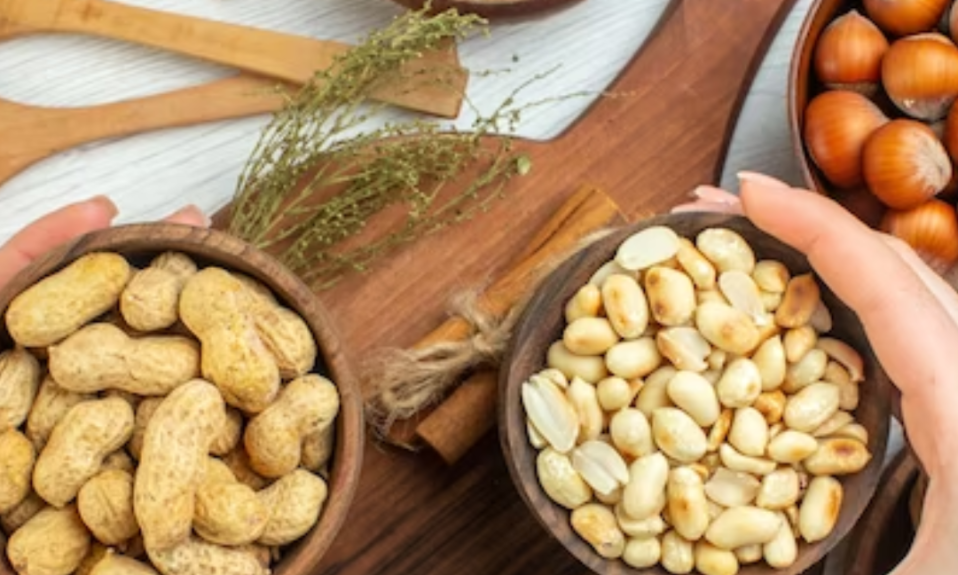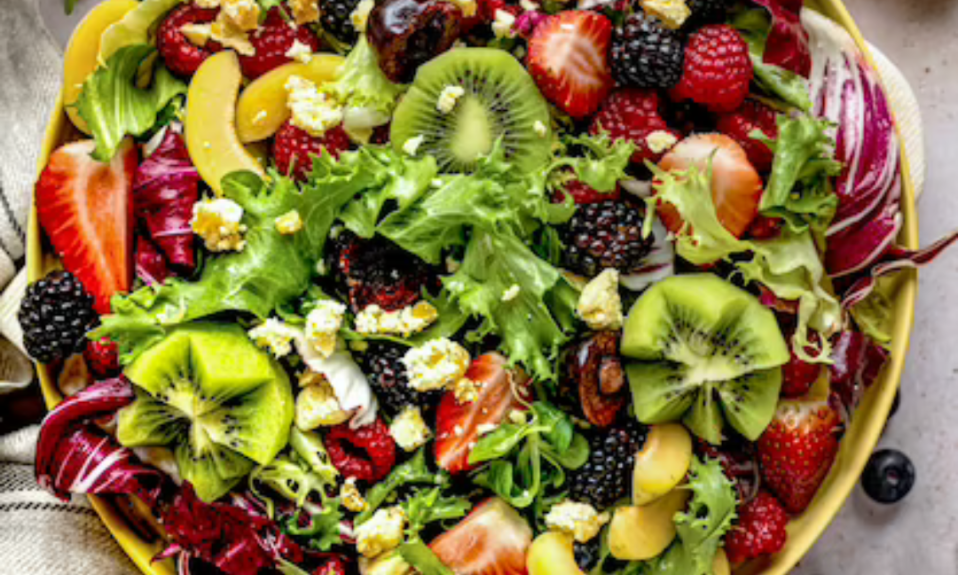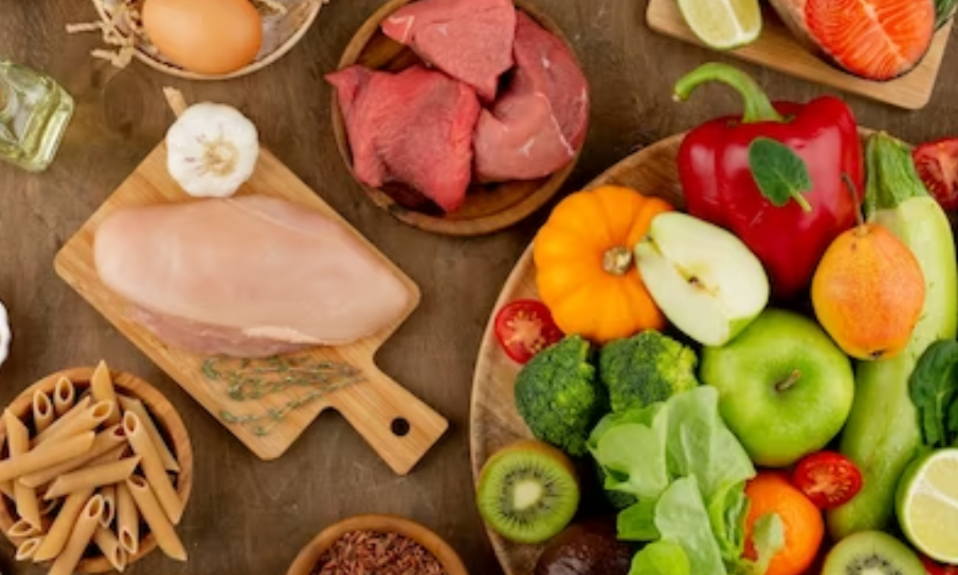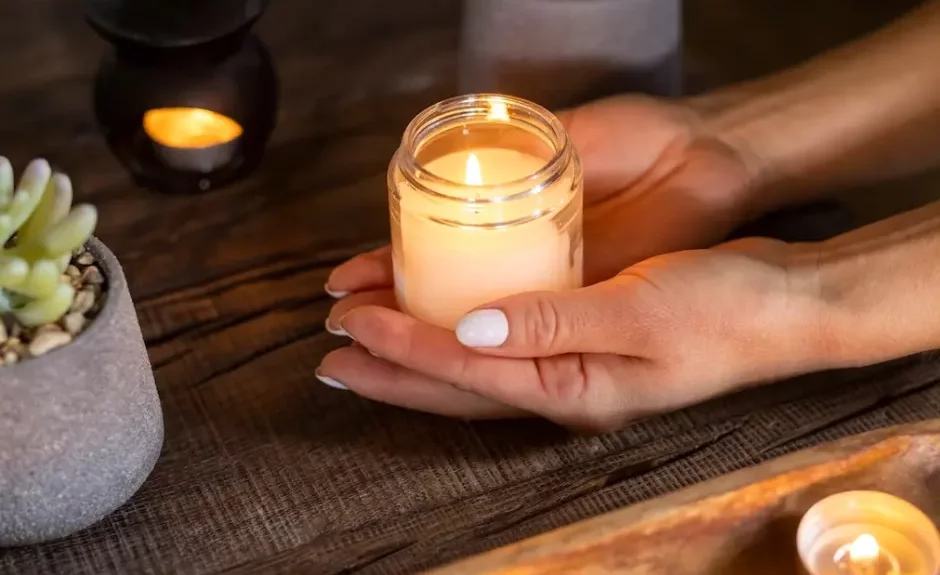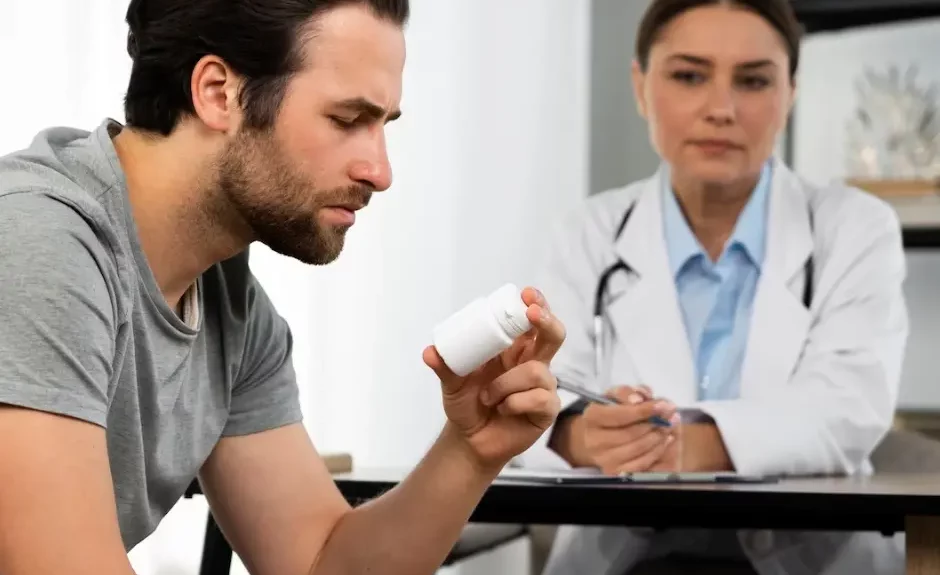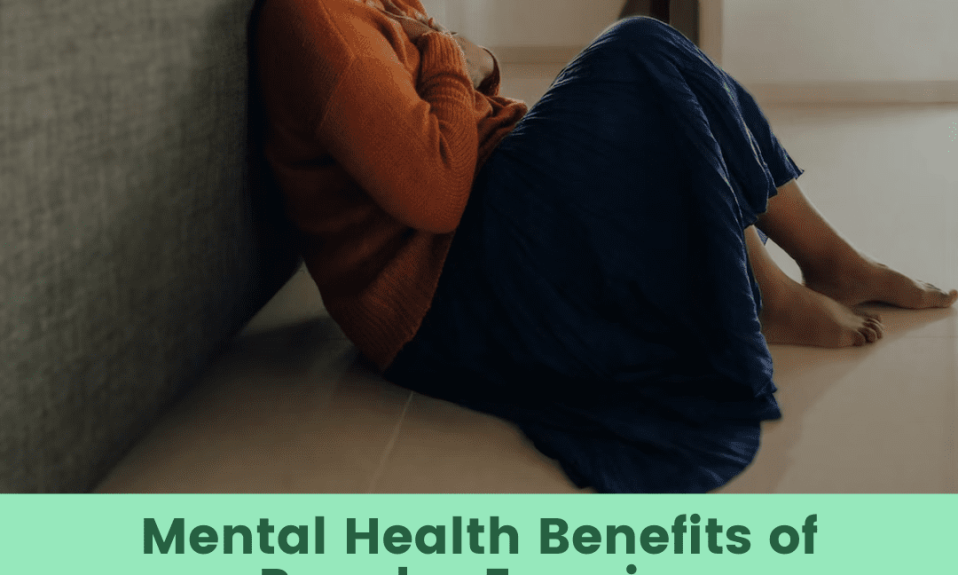Following these food safety guidelines during the holidays or COVID-19 will help you and your loved ones stay healthy. Even though it’s easy to lose track of good food safety practices in the midst of the holiday frenzy, a short list of reminders can help you stay on track.
Healthy Cooking Safety Tips
Due to the risk of Covid-19, food safety is of utmost importance. Taking additional safety measures is essential for a happy and healthy holiday season.
-
Clean, Cook & Chill
What do you think about COVID-19 or anything else? Follow the four thumb rules in your kitchen: Clean, separate, prepare food, and chill.
-
Sanitized Surfaces
When it comes to baking and preparing food, having a clean work area is crucial. For disinfection, you can either buy a product or make your own.
-
Regular Hand Washing
Always clean your hands before handling raw ingredients or finished dishes. Use body washes as well as running water to clean your hands thoroughly. To kill all possible germs, you should clean your hands for twenty seconds. You should use hygienic water to wash your hands and then a clean towel or paper washcloth to dry them.
-
Wear Masks
Wearing a mask while in the kitchen is a good idea. Only 2 or 3 people should be in the kitchen at a time, and they must all wear masks and follow proper hand-washing procedures.
-
Avoid Touching Face
Don’t touch your face while you’re in the kitchen. The germs spread by touching the face.
-
Wash Fresh Vegetables & Fruits
To prepare all produce for consumption, simply rinse it under running water. Rinse everything you eat that has a skin or rind before eating it. Make use of a produce brush for optimal results. Do not wash vegetables and fruits with body wash or sanitizer. It’s a good idea to wash the can’s lid before you open it, too.
-
Do not Work in the Kitchen Around Food if Sick.
Food preparation is not something you should be doing if you are ill. You have my permission to take some time off and heal.
-
Avoid Food Contamination
Preventing the foodborne disease from cross-contamination is just as important as using clean kitchen utensils. All the stuff that goes into the meals you make.
-
Mind Allergy Concerns
“The most popular food allergic reactions are milk, eggs, mixed nuts, soy, fish, Wheat, and oysters,” write Schloss and Joachim. As a result, if any of your guests have food allergies, you should let them know ahead of time what your schedule is to serve. Washing dishes and utensils thoroughly after each use can help prevent the spread of allergens like peanuts and tree nuts in the kitchen.
-
Preparation for Holidays Food Safety
Make sure you’ve got everything you require for a clean, sanitary kitchen before you start preparing food. Tools and food must be cleaned properly, among other things. The turkey or other cuts of meat should be refrigerated to thaw.
The time needed for the turkey to thaw depends on its size. If you don’t have time to let the turkey chill in the fridge, you can put it in cool water instead. Just remember to drain and refill the container every half hour.
-
Cooking a Stuffed Turkey
There are certain precautions that must be taken to ensure the safety of the food when roasting a filled turkey or other livestock. Disease-causing microbes, if present in foods or poultry, will be concentrated on the ground, including the body as well as the walls of an inner cavity, as explained by Joachim and Schloss.
Remembering to Practice Holiday Food Safety Tips
The success of your dinner party and meals depends on your adherence to all applicable food safety regulations. With proper storage, preparing food, and representing temperatures, your food and sweets should turn out just as you’d hoped.

